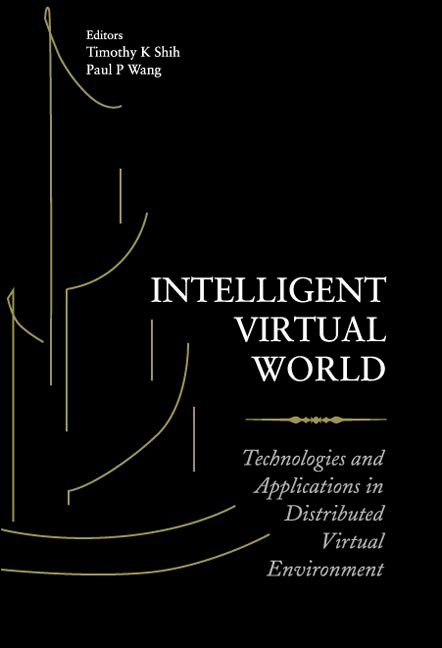Distance Education and E-Learning in the Digital Age: Critical Considerations
Because of its pervasiveness, the Internet is increasingly being used to support education and learning. We frequently observe a tendency to simply replicate traditional structures of classroom teaching and to make instruction accessible online. This approach adheres to what Barr and Tagg (1995) refer to as the Instruction Paradigm. We argue in favor of the Learning Paradigm and draw the reader's attention to critical considerations related to pedagogy and human learning that must guide the work of designing for learning. Effective learning must produce deep understanding, not merely knowledge reproduction. To this end, the Internet can be used to support learning by doing through the use of simulations, and online pedagogical agents can coach and scaffold students as they seek to master skills related to the domain of learning. In addition, students must engage in sense making and knowledge construction activities in environments that promote articulation and reflection. We use two learning environments to illustrate these ideas and to demonstrate more powerful ways of harnessing technology to support learning.



